Funding Toolkit » Formula Grants » Title IV-D – Child Support and Establishment of Paternity
Overview
Title IV-D of the Social Security Act (Title IV-D) establishes a state-federal partnership to provide child support services. States must have a single statewide agency that receives the federal funding and administers the program. States are permitted to fund local jurisdictions, enter cooperative agreements with others like law enforcement or state courts to provide IV-D child support services. A Title IV-D case is one in which a parent is either now or may eventually receive services under Title IV-D, such as a parent who receives TANF, Medicaid, or foster care payments.
Match Requirements
Under Title IV-D, the federal government reimburses states $2 for every $3 the state spends on eligible program costs for providing child support services.
Potential Uses
In December 2016, OCSE published the Final Rule: Flexibility, Efficiency, and Modernization in Child Support Enforcement Programs. This final rule made changes to strengthen the child support enforcement program and update practices to increase regular, on-time payments to families, to increase the number of noncustodial parents supporting their children, and to improve program operations. One of those changes clarifies that states can use Title IV-D funding for self-help services. Background for the rule’s language regarding pro se services can be found in this OCSE factsheet about Access to Justice Innovations: “Providing information to pro se parents helps ensure that parents understand the child support process, know what to expect in the child support process, and provide accurate financial information.”
In final rule, 45 C.F.R. 304.20 (b) (3) (vi), HHS clarifies that funds can be used for “services to increase pro se access to adjudicative and alternative dispute resolution processes in IV–D cases related to providing child support services.” The rule makes clear in 45 C.F.R. 304.21(a), that these pro se services are eligible for Federal financial participation (FFP), or in other words, federal reimbursement. Self-help services can also include educational and outreach activities.
To be eligible for Title IV-D reimbursement, self-help services––with the exception of allowable education and outreach costs––must be for paternity establishment and child support. This can include assistance with paternity acknowledgement forms, providing information to litigants about relevant court procedures, help with child support order establishment and modifications when circumstances change affecting amounts that should be paid, enforcement processes, or assisting with domestic violence protection orders if the order is necessary to safely obtain child support.
CFDA
93.563
Administering Federal Agency
U.S. Department of Health & Human Services, Administration for Children & Families (ACF), Office of Child Support Enforcement (OCSE)
Find Your State/Local Administrator
To find the agency in your state that handles child support and paternity establishment, this National Conference of State Legislatures resource lists all the entities that oversee child support in states as well as which committees in the state legislature pass new policies. Once that entity is identified, each website should list an executive director and staff. HHS OCSE also has a map with state contacts.
Amount of Available Funding
Title IV-D is a federal-state matching grant program under which states must spend money in order to receive federal funding. The federal reimbursement is “open ended,” in that there is no ceiling on the federal government’s match of state expenditures. In addition to matching funds, states receive child support enforcement incentive payments from the federal government.
More Information
To find examples of courts and/or their justice partners receiving these funds, click on the PDF.
Formula Grants
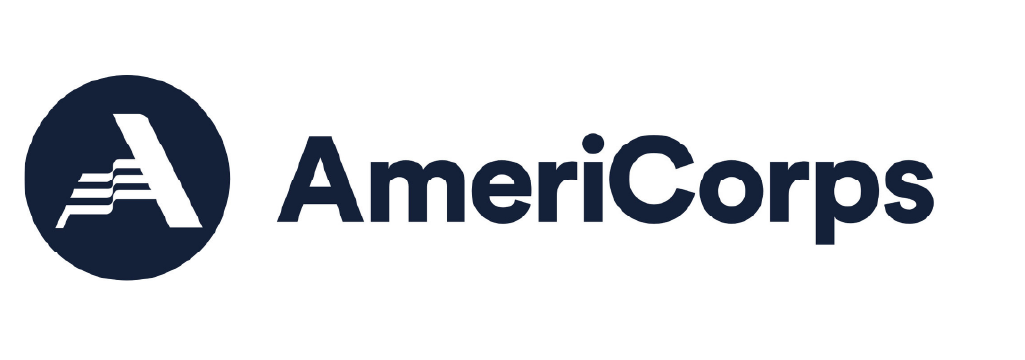
AmeriCorps State and National Grants
AmeriCorps provides grants to a broad range of local and national organizations and agencies committed to using service to address compelling community issues.

AmeriCorps VISTA
AmeriCorps VISTA program is guided by four core principles: anti-poverty, community engagement, capacity building, and sustainable solutions.
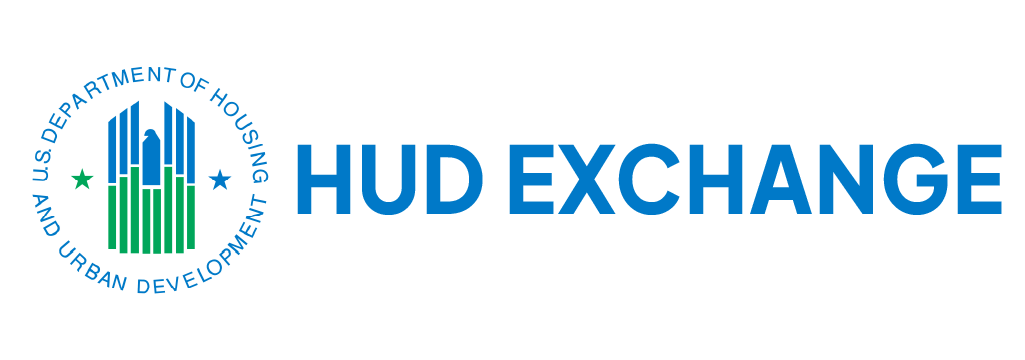
Community Development Block Grant (CDBG)
The CDBG program works to ensure decent affordable housing, to provide services to the most vulnerable in our communities, and to create jobs through the expansion and retention of businesses.

Edward Byrne Memorial Justice Assistance Grant (JAG)
JAG funds awarded to a state or local may be used to support a range of program areas, including law enforcement, prosecution, indigent defense, courts, crime prevention and education…
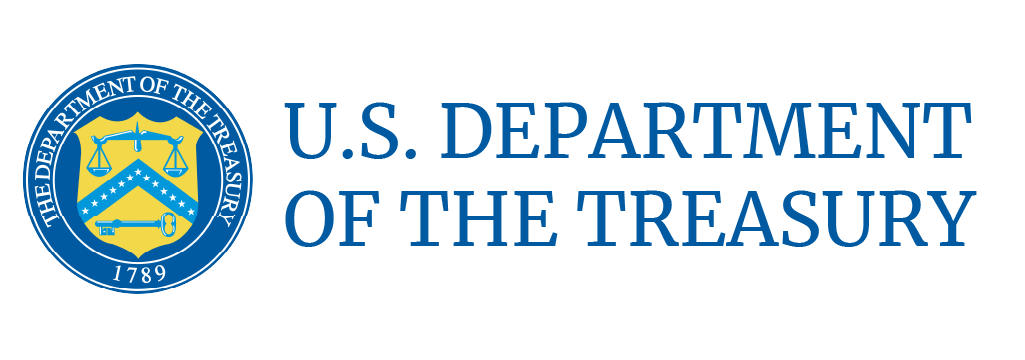
Emergency Rental Assistance Program (ERAP)
The American Rescue Plan Act built upon the ERAP, is set to reduce evictions by providing an additional $21.6 B in emergency rental assistance for low-income renters who have lost income…

Emergency Solutions Grants (ESG) Program
The Emergency Solutions Grants Program focuses on assisting people to quickly regain stability in permanent housing after experiencing a housing crisis and/or homelessness.
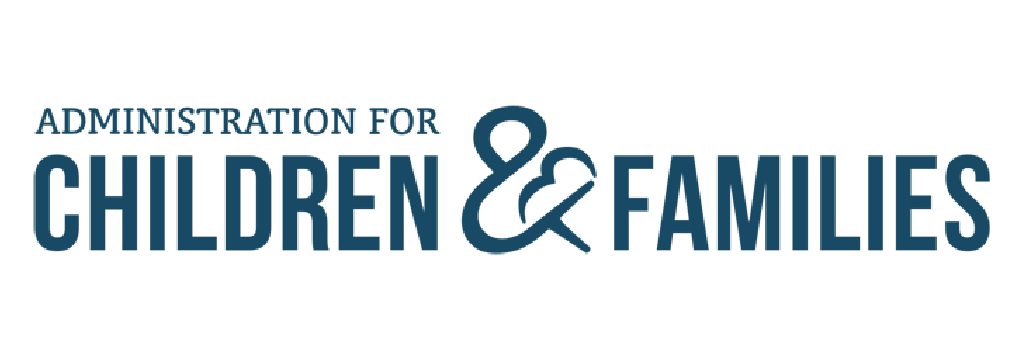
Family Violence Prevention and Services Formula Grants (FVPSA)
The Family Violence Prevention and Services formula grants to states and territories fund more than 1,600 local public, private, nonprofit and faith-based organizations and programs demonstrating…

Homeowner Assistance Fund (HAF)
The HAF is for the purpose of preventing homeowner mortgage delinquencies, defaults, foreclosures, loss of utilities or home energy services, and displacements of homeowners experiencing financing hardship due to…

State and Local Fiscal Recovery Funds (FRF)
FRF is the largest and most flexible source of American Rescue Plan Act funds to help states, counties, cities and Tribal governments cover increased expenditures, replenish lost revenue…
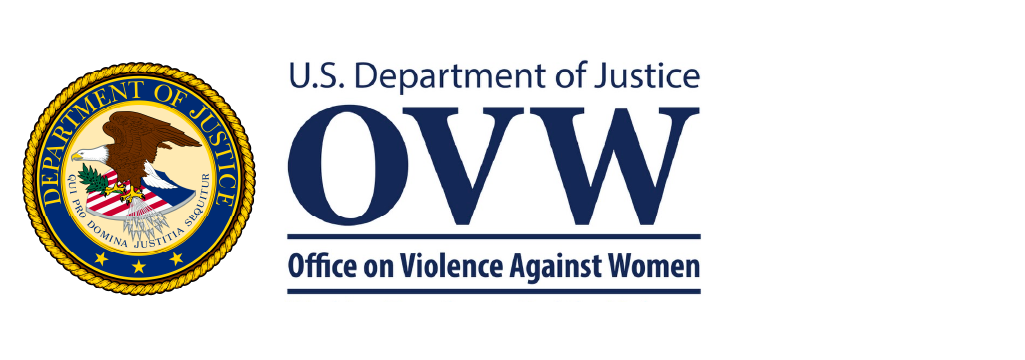
STOP (Services, Training, Officers, and Prosecutors) Violence Against Women Formula Grant
STOP (Services, Training, Officers, and Prosecutors) Violence Against Women Formula Grants are awarded to states to develop and strengthen the criminal justice system’s response…

Title IV-B – State Court Improvement Program (CIP)
The State Court Improvement Program is for children and families who need assistance in order to keep their families together.

Title IV-D – Child Support and Establishment of Paternity
The child support program serves over 17 million children, and provides information to pro se parents helping ensure that parents understand the child support process, know what to expect…

Title IV-E – Federal Payments for Foster Care and Adoption Assistance
The Federal Foster Care Program helps to provide safe and stable out-of-home care for children until the children are safely returned home, placed permanently with adoptive families…

Victims of Crime Act (VOCA) Victim Assistance Formula Grants
VOCA provides funding to groups and direct services for victims, such as domestic violence shelters, legal support, faith-based organizations, and child abuse organizations.

